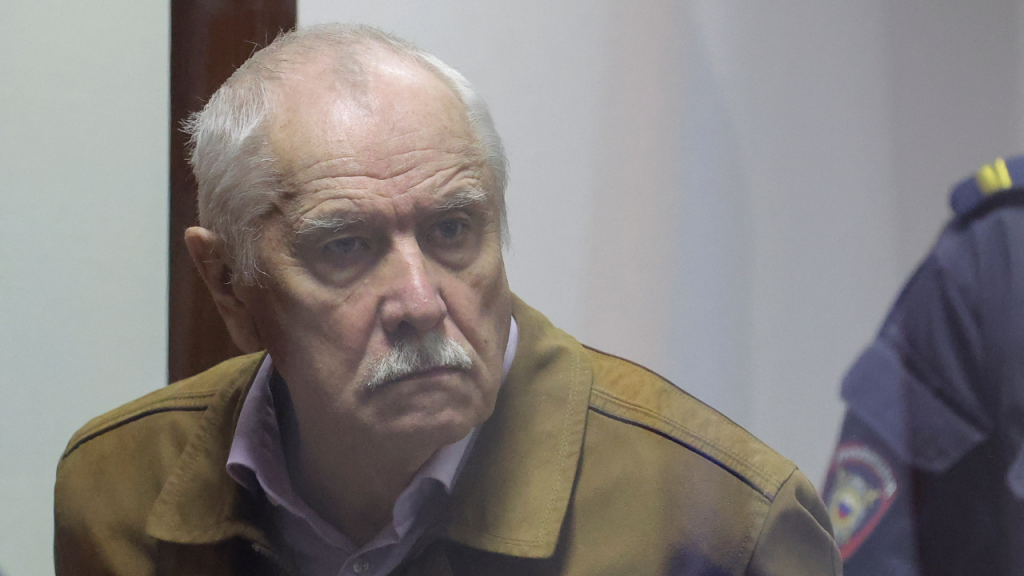Anatoly Maslov, a Russian physicist, was recently sentenced to 14 years in prison for his alleged involvement in researching super-high flight speeds, making him the most recent in a series of scientists targeted by Russia for treason cases related to this sensitive field. Maslov was a top scientist at the Khristianovich Institute of Theoretical and Applied Mechanics in Novosibirsk, Siberia, where he and two other scientists, Alexander Shiplyuk and Valery Zvegintsev, were accused of betraying secrets, though details of the charges remain confidential. Shiplyuk is specifically accused of handing over classified material to China at a conference in 2017, according to sources familiar with his case. President Vladimir Putin has emphasized Russia’s capabilities in hypersonic missiles, which have been utilized in conflicts such as the war in Ukraine.
Vladislav Galkin, who collaborated with Shiplyuk and Zvegintsev, was arrested in 2023 after being reported detained in April of that year. His wife claimed that she informed their grandchildren that he was on a business trip. Alexander Kuranov, the general director of the Hypersonic Systems Research Facility in St. Petersburg, was sentenced to seven years for treason in 2021 for allegedly passing state secrets to foreign nationals. Maslov’s lawyer suggested that Kuranov’s testimony was used as evidence in Maslov’s case. Anatoly Gubanov and Valery Golubkin, both employed at TsAGI, the Central Aerohydrodynamic Institute, were convicted of passing state secrets to external entities. Gubanov was working on a project to develop a hypersonic civil aircraft powered by hydrogen fuel, while Golubkin handed over secrets to a NATO member state, leading to a 12-year prison term.
Viktor Kudryavtsev, Roman Kovalyov, and Vladimir Lapygin were all associated with TsNIIMash, a rocket and spacecraft center linked to the Roscosmos space agency. Kudryavtsev was arrested for transferring secret information to a Belgian institute in 2018 but passed away from lung cancer before standing trial in 2021. Kovalyov, who worked at TsNIIMash alongside Kudryavtsev, was sentenced to seven years for treason in 2020 and later died of cancer in 2022. Lapygin, convicted of treason in 2016, was released early in 2020 after serving seven years in prison. These cases represent a crackdown by the Russian government on scientists involved in researching super-high flight speeds, central to the development of hypersonic missiles essential for national security and defense.
The wave of treason cases against these scientists has drawn criticism from colleagues as damaging to Russian science. In a rare open letter, colleagues of Maslov, Shiplyuk, and Zvegintsev declared their belief in the innocence of the accused and lamented the detrimental impact on scientific research in the country. The sensitive nature of the research being conducted by these scientists underscores the strategic importance of super-high flight speeds and hypersonic missile technology to Russia. Moscow has openly acknowledged using hypersonic missiles in conflicts such as the war in Ukraine, underscoring the significance of these technologies for the country’s military objectives and national security. President Putin has championed Russia’s advances in hypersonic missiles, positioning them as a critical element of Russia’s military capabilities on the global stage.













